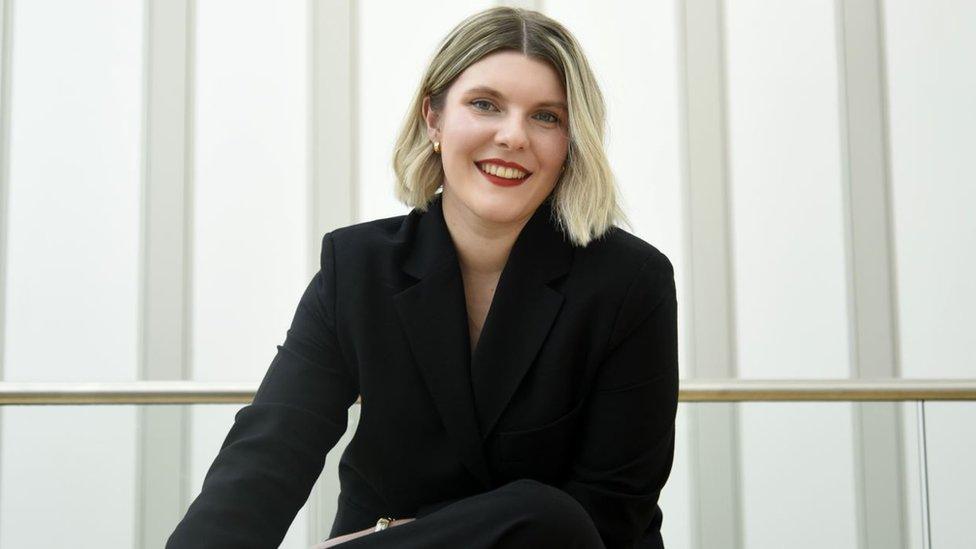The Sober Diaries: Socialising without alcohol
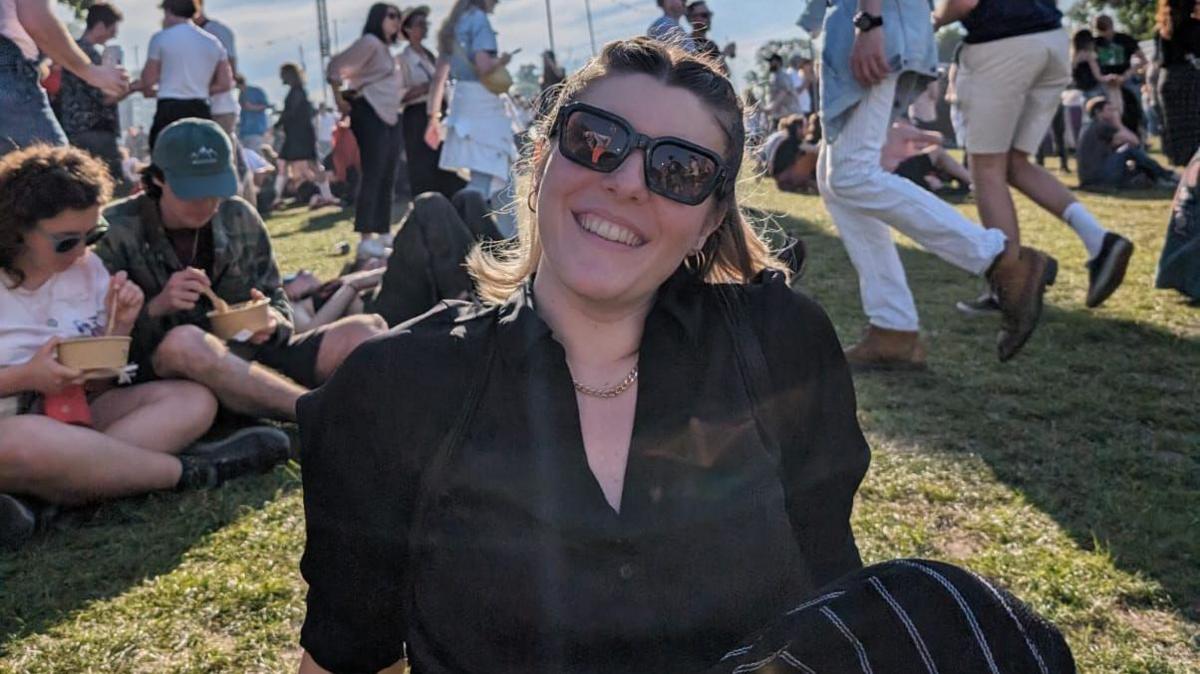
I went to a music festival and was fuelled by food trucks and caffeine instead of booze
- Published
After giving up alcohol in January, the way that I socialise has slowly started to change.
I recently cancelled going to a party where I only knew the host.
If I had been drinking, I would have gone. But that evening, I lacked the confidence to meet a group of new people without a glass of wine in my hand.
Initially, I was disappointed in myself for not going. But I'm learning to adapt how and when I socialise - and that doesn't mean saying no to fun.
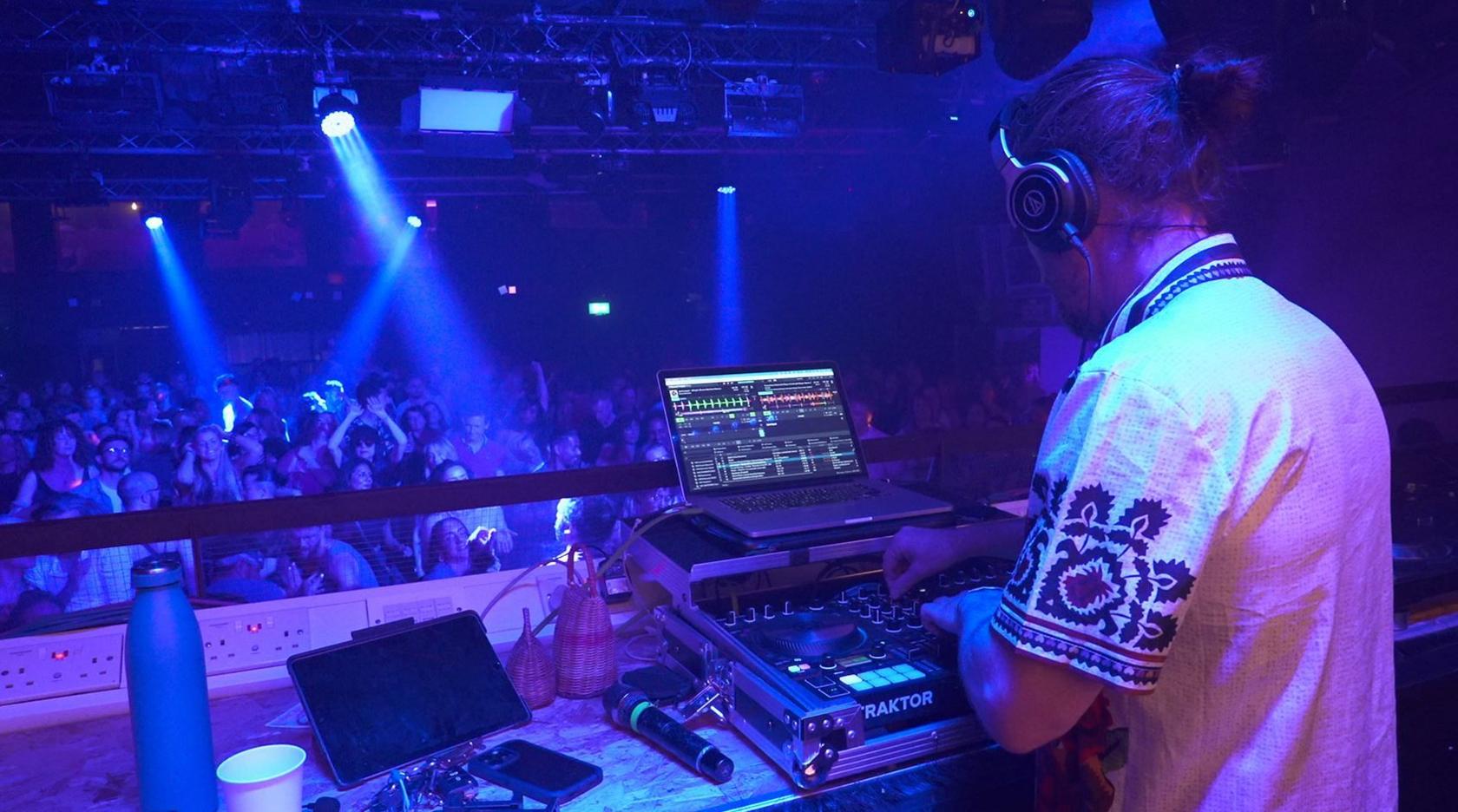
Giving up alcohol doesn't mean saying no to fun - something I have discovered - as had those at Ecstatic Dance's latest sober clubbing event at the Ministry of Sound
I've been to nightclubs, festivals and gigs in the past few months, finding new ways to enjoy them all.
Caffeine saw me through the nightclub and festival - who doesn't love a latte while watching the headliner?
And I found a new way to enjoy gigs - which was a bit of a fluke.
I went to see Cymande, a funk band that started making music in the 70s, at O2 Shepherd's Bush Empire.
My partner booked seated tickets - the only option available at the time - and it was fantastic.
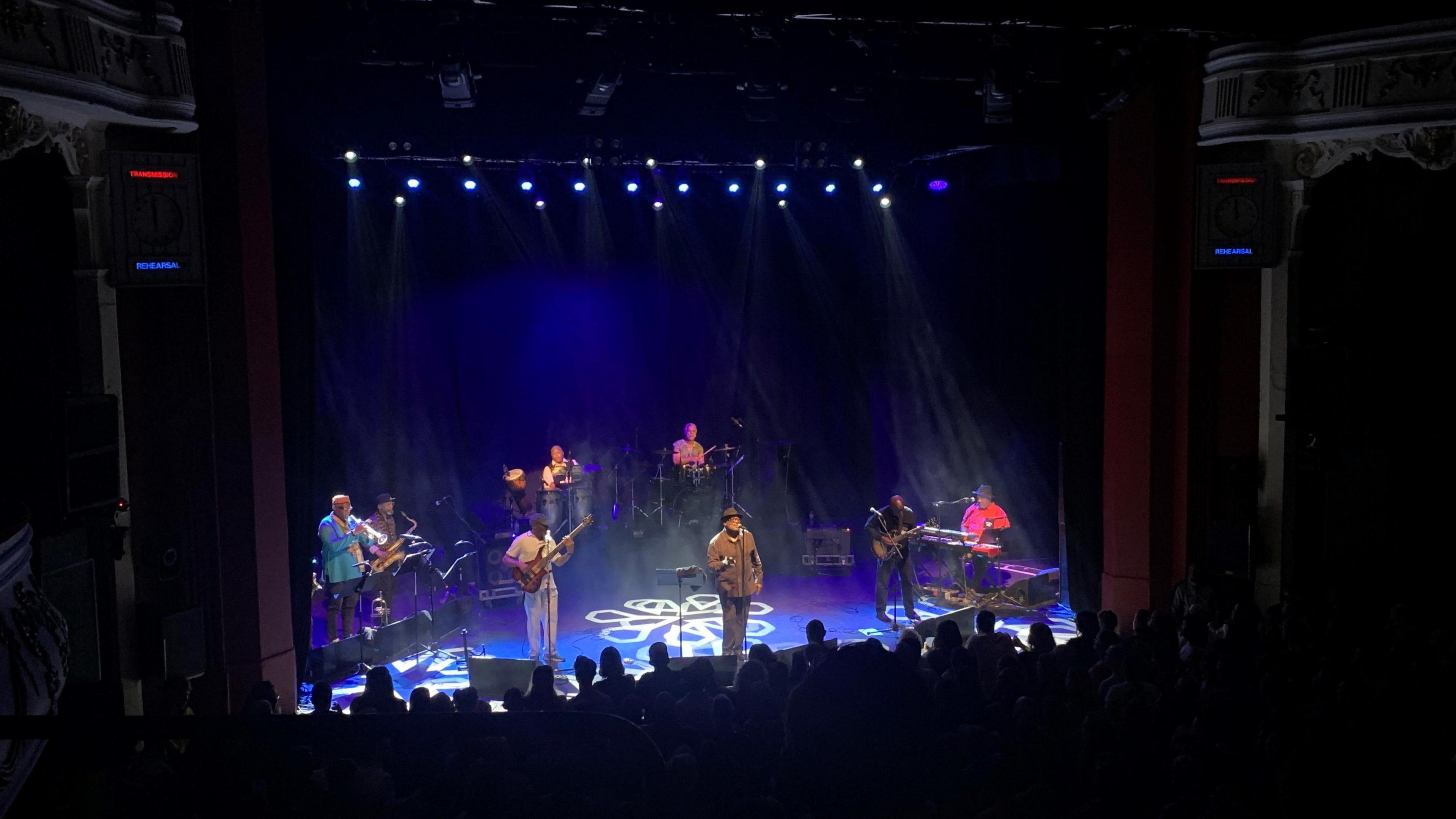
Seated tickets gave me a small zone to relax in, rather than being surrounded by a crowd holding drinks
The music was outstanding and we weren't getting pushed about in a crowd of drunk people. No drinks were spilled down my back, and I had more space to myself. Perfect.
But the crisis of confidence I felt at the prospect of going to my friend's party without a drink isn't unique to me.
'Isolating experience'
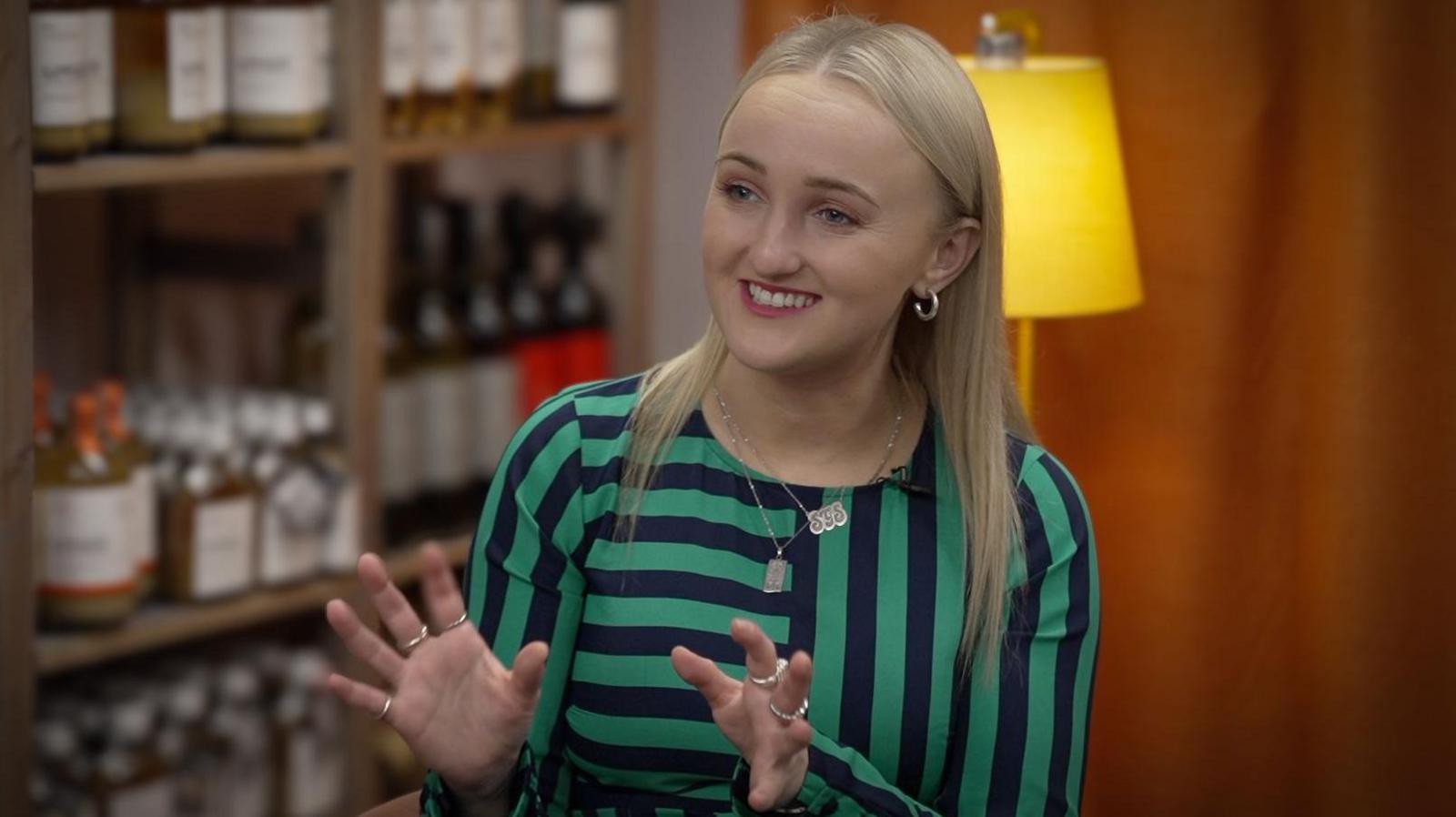
Millie Gooch said she founded the Sober Girl Society to deal with going through a similar experience
Millie Gooch, founder of the Sober Girl Society, told me how she started organising events in London after she stopped drinking aged 26.
"I started running meet-ups probably about seven months into getting sober," the 32-year-old said.
"I think it can feel like a really isolating experience when you stop drinking, no matter how supportive all your friends and family are, there's just stuff that you're going through that other people don't necessarily respond to.
"I didn't realise it would kind of turn into this large community that it has."
Events have included brunches, dance classes, arts and crafts, book swaps and burlesque.
Each one aims to help people feel confident or relaxed, where alcohol would have previously played a role, Millie explained.
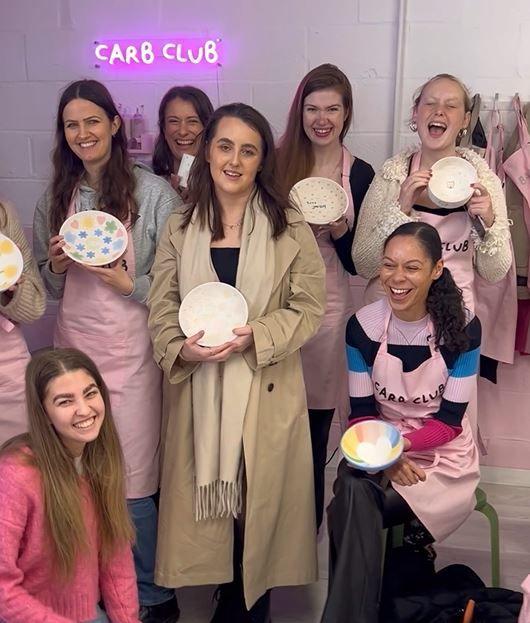
Millie says the group has grown into a "large community" over the years
"We do a whole spectrum of events, but hopefully each one people can take away something different," she said. "Something that can actually help them on this journey."
Laura Willoughby, 49, runs Club Soda, an alcohol-free tasting room near Covent Garden.
She said her life became more varied and more social after she stopped drinking in 2012.
"The social life we imagine we're having with alcohol isn't always the reality," she said.
"My generation is the biggest drinking generation of women. But they're mostly drinking at home, anyway."
She said that since going sober, her weekends have opened up to more social plans, sometimes doing three or four things with friends, rather than spending Sundays recovering from a night out.
'I was missing out'
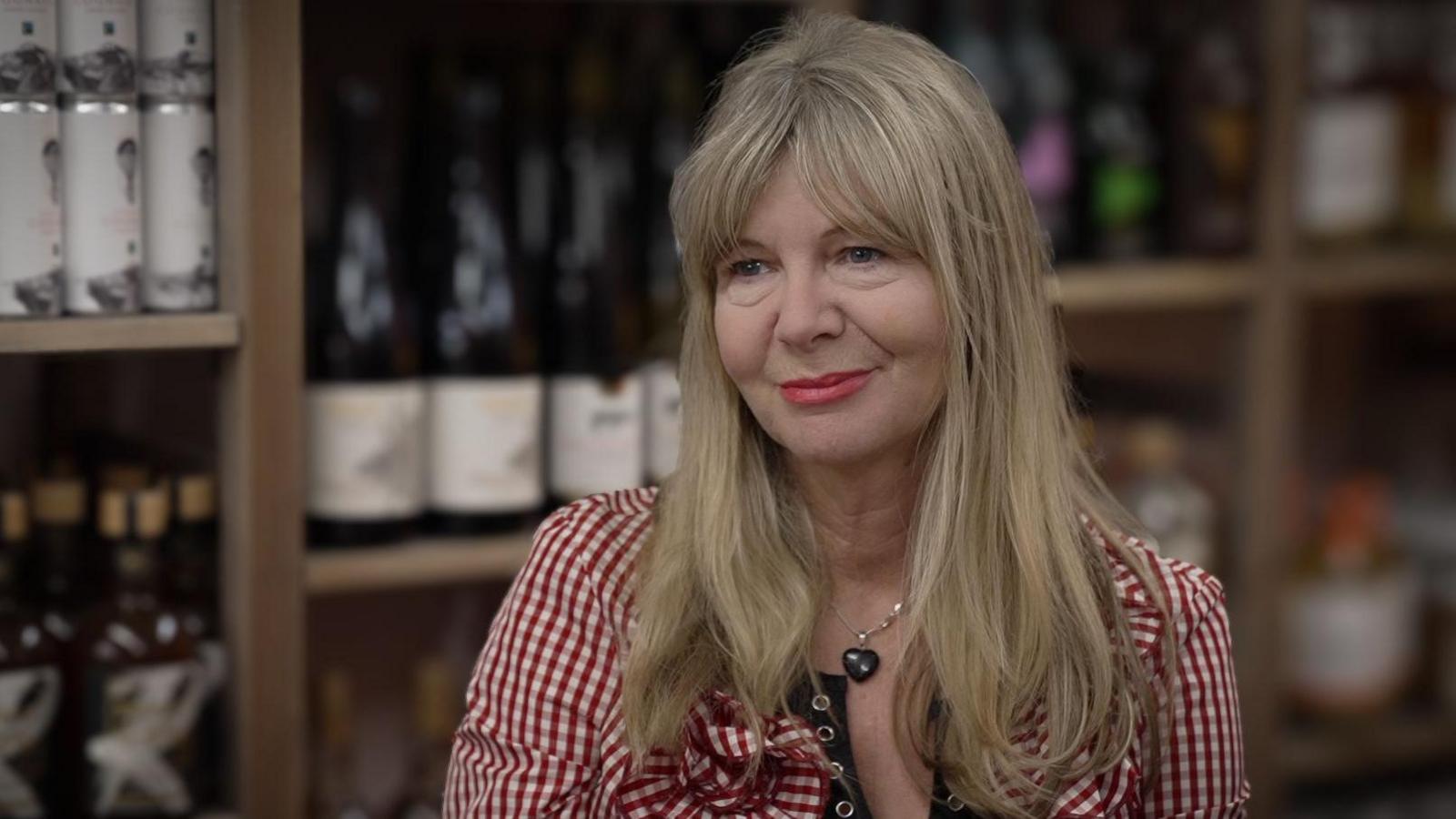
Janey Lee Grace said she used to "rush through" her children's bedtime because a glass of wine was waiting
Janey Lee Grace, who stopped drinking in her 50s, said her social life had completely changed since.
"I now realise that I used to plan all my social events around alcohol," the 62-year-old said.
"I was actually missing out on so much of life that could have been available to me.
"I was never at rock bottom, but I look back now and I realise that I wasn't as present for my children as I could have been.
"And it really breaks my heart when I think of it. I would rush through a bedtime story because there was a glass of wine waiting."
She now runs an online community called The Sober Club that offers in-person retreats and workshops focused on well-being.
"It's all about creating that life that you don't have to escape from."
Listen to the best of BBC Radio London on Sounds and follow BBC London on Facebook, external, X, external and Instagram, external. Send your story ideas to hello.bbclondon@bbc.co.uk, external
- Published31 January 2024
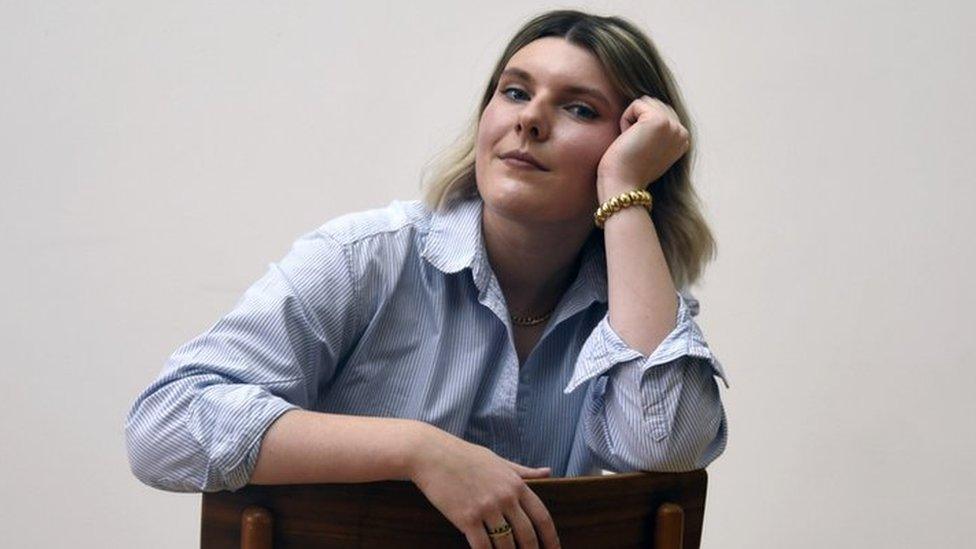
- Published1 March 2024
